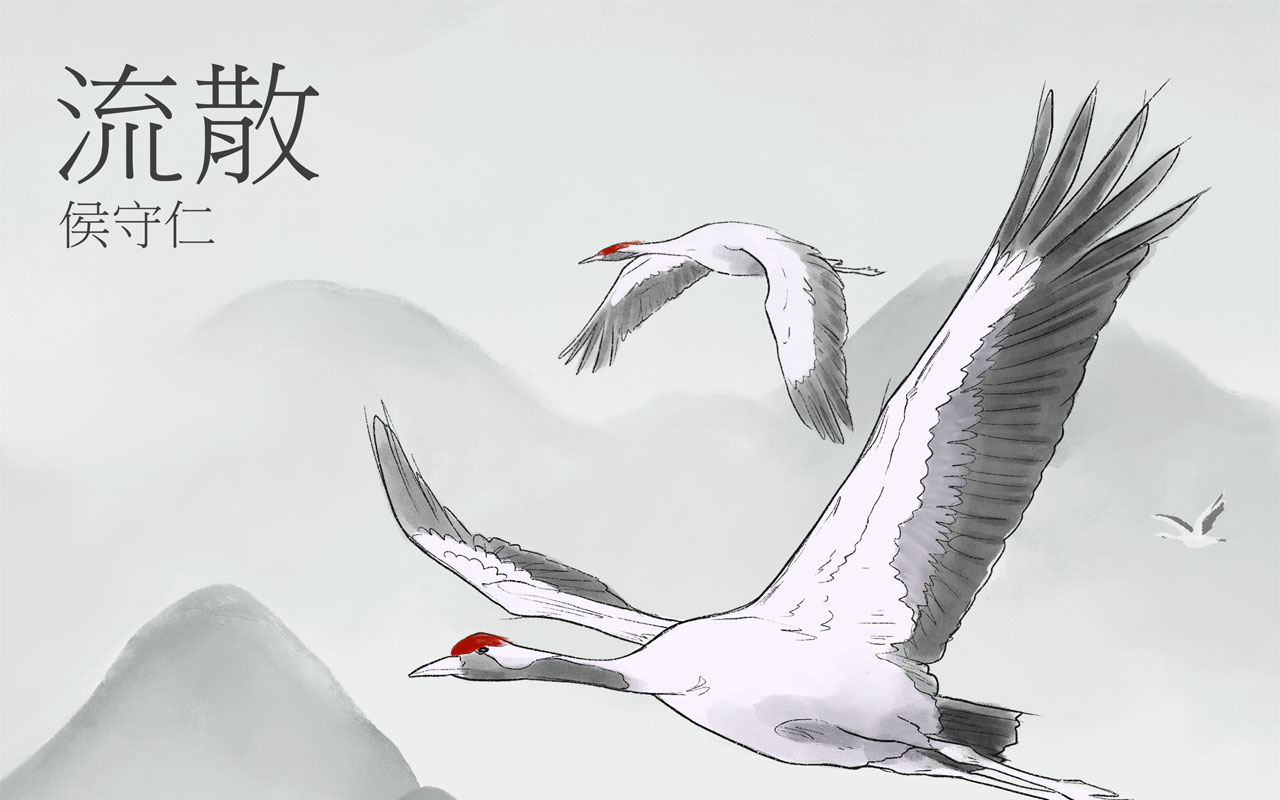
Josh Hou, Diaspora
Strange Moon Records, August 2024
BY DEVON LÉGER
The new album, Diaspora, from Seattle jazz accordionist Josh Hou is a special treat, bringing Hou’s Chinese and Malaysian heritage into the jazz fold, all tied together by this humble instrument. Though the accordion may seem a strange instrument for Hou’s work, it’s actually the perfect fit, especially as it ties into his work reclaiming lost musical history and heritage. Both the accordion and the harmonica are free reed instruments, meaning air is blown indirectly through a chamber over reeds (unlike a clarinet or oboe where you blow directly on the reed with your mouth). Free reeds are a Chinese concept from 3,000 years ago, developed either in China or Southeast Asia along the Chinese border. The first accordions were built when the Jesuit priest Jean Joseph Marie Amiot brought back Chinese free reed instruments known as shengs to Europe in the late 1700s. Curiously, the accordion didn’t make its way back to China until the early 1900s, but it’s a beloved instrument there now, with what’s said to be the largest population of accordionists. Hou’s work on the accordion sits at the nexus of East and West, a point that first birthed his own instrument.
With an ensemble of great local jazz musicians, including trumpeter Ray Larsen, cellist Alex Chuang, bassist Kelsey Mines, drummer Tai Taitano, and guest flutist Leanna Keith on flute and tenor saxophonist Brian Bermudez, Hou navigates original and traditional compositions. He includes Chinese folk music, like the Cantonese melody 彩雲追月 (“Colorful Clouds Chasing the Moon”), which has been incorporated into the classical repertoire as well, and he includes popular music like 青花瓷 (“Blue and White Porcelain”), a Taiwanese pop song. The Malaysian folk song “Rasa Sayang” represents the music he remembers from living there, according to an interview with KNKX. Hou’s original melodies are powerful work, like 八 (“Eight”), written in memory of the eight people, six of whom were Asian, killed in a 2021 Atlanta murder spree. “Mostly of a Distance” was inspired by the work of Chinese poet Jenny Xie, and others, like “Double Dog” or “Wren’s Happy Day,” have lighter inspirations.
It’s perhaps ironic that Hou, one of a small number of Asian-American artists in Seattle’s jazz scene, also plays an instrument that’s little known in jazz (though the accordion does have a larger history in the genre, dating back to the earliest days of the genre). That’s why Hou’s album feels like serious world building. He’s tying together thousands of years of history, weaving two or three worlds together. The cycle of inspiration between East Asia and Europe might not get much acknowledgement, but it sweeps across history and is at the heart of the accordion and also at the heart of this album.